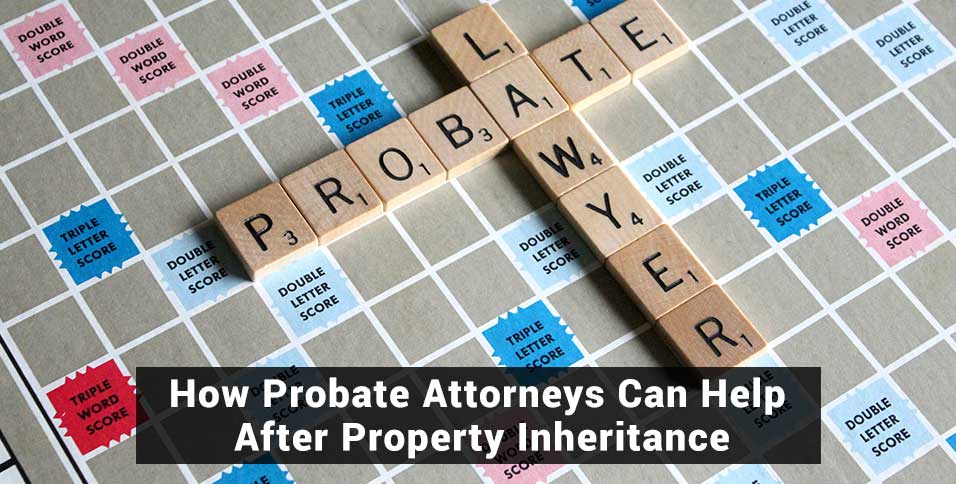Losing a parent or a close family member is undoubtedly one of life’s most challenging experiences. Sadly, this loss is often compounded by the need to handle their estate, including the daunting task of clearing and selling their property.
The process of dealing with a loved one’s belongings while grieving, coupled with the extensive paperwork required to settle their affairs, can add immense stress to an already trying time. It’s an arduous and time-consuming task.
Ultimately the parties who inherited the property can sell it on the open market, at auction, privately, or carry out a probate house sale through a real estate buying company to speed up the process, the legal and administrative process to achieve the sale can be complex and time-consuming. To alleviate some of the pressure, employing a specialist probate attorney can be beneficial.
What is a probate attorney?
A state-licensed probate attorney can help the executor of a will or the beneficiaries of an estate navigate the probate process to settle the estate. These professionals typically blend legal, accountancy, and administrative expertise to offer a comprehensive service including being responsible for acquiring the grant of probate and tackling all the legal, property, and estate administration hurdles.
A good probate attorney has a strong understanding of the law, particularly regarding wills and their validity, and can deal with complications such as intestacy where someone has died without a will. Moreover, they will resolve matters related to tax and will liaise directly with the IRS, submitting relevant documentation and overseeing the correct fees.
Do you need a probate attorney?

The decision to enlist the services of a probate attorney hinges on various factors. You should consider the complexity of your state laws, the type of estate plan (which will determine whether the decedent established a will, a trust, both, or neither), and the size of the estate.
Are there any contentious beneficiary relationships and are you able to identify any potential conflicts among beneficiaries? Similarly, how complex are the assets and beneficiary designations? Each of these factors influences the necessity of seeking experienced and trusted assistance.
If the decedent left behind only a will, probate is unavoidable. Consequently, the complexity of the estate dictates the level of difficulty in probate proceedings, thereby influencing the desirability of legal representation. Conversely, if the decedent had a well-structured trust in place, the involvement of a probate attorney may be unnecessary.
Yet, hiring a probate attorney does come with its financial drawbacks. Rates vary and can be charged either hourly or as a single flat fee. In some states, the cost is determined by the value of the estate. This applies to Arkansas, California, Florida, Iowa, Missouri, Montana, and Wyoming. For example, in California, the fee is 4% for the first $100,000.
The process of handling property inheritance following the loss of a loved one can be emotionally and logistically challenging. Probate attorneys are state-licensed professionals equipped with the legal, accountancy, and administrative expertise necessary to navigate the probate process efficiently. From acquiring the grant of probate to resolving legal and tax-related matters, these professionals play a vital role in facilitating the smooth settlement of estates.
Also Read: What is the difference between real property tax and estate taxes?















